Click to read the article in Turkish
The National Union of Higher Education of France (SNESUP-FSU) is the union of academicians in the country, of which Pınar Selek is also a member.
Selek stood trial as a young socialist in relation to her research work, tortured and kept in prison for two and a half years when she rejected to give the names of the people she interviewed for her work, and later associated with an explosion in the Egyptian Bazaar in İstanbul. She had to leave Turkey and is now an academician at the Cote d'Azur University in Nice.
Michel Maric, from the national board of the union, will be present in the courthouse in İstanbul today for Pınar Selek, in the hearing of her fifth case where she is facing the same accusations that she has been acquitted four times, in a never-ending trial which has lasted 25 years so far.
SNESUP-FSU also issued a statement where they say that they are here "for Pınar, for the university."
"Often, the work of a sociologist is about who society oppresses. Specialist in exclusion, researcher, feminist, and pacifist, Pinar SELEK has worked on street children, Kurds, transgender people, or on the status of women. In order not to compromise the sixty or so activists she interviewed during a research, academic Pinar Selek refused to reveal the identity of the people: a researcher preserves the anonymity his respondents. It is simply a question of scientific ethics. Without academic freedom, without the freedom of researchers, there is no university. This is why the French National Union of Higher Education (SNESUP-FSU) wanted to be present in Istanbul on 31 March."
Michel Maric is the International Relations Secretary of the union and a member of the National Board. Maric tells us that they were together with Selek a day before they traveled to İstanbul, at a meeting in Paris.
"She was the one who was cheering everyone up, the one spreading positive vibes around," he reflects.
Maric is familiar with what happened to her. "As a young academic, she did not name the 66 people she interviewed for a research project," he says.
He underlines that their job, science, or academy, is not directly political, but it deals with politically sensitive issues. Not political in terms of trying to come to power, but political in terms of dealing with social issues.
Everywhere in the world sociologists study disadvantaged people, oppressed people. This was what Selek had done as a young academician. And not giving the names of the people she had interviewed; this is part of academic ethics and very dear to them.
He does not remember a similar case in France, now or in the past, where a researcher, a sociologist has been oppressed because of rejecting to give the names of the people she/he talked to. But there are problems related to academic freedom in France also. The budgets are cut, and the projects on politically sensitive issues are sometimes not funded or delayed for years. They believe that they have to defend academic freedoms everywhere in the world.
Not only Maric, but many academicians from France have come for today's (March 31) hearing of the fifth case of Selek, to be in solidarity with their colleague and to stand by their friend. They are here for Pınar, and for the university. (PE)




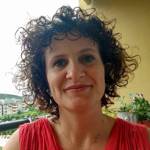
.jpg)
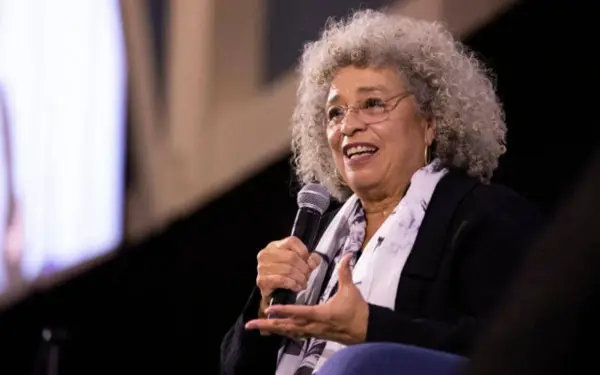
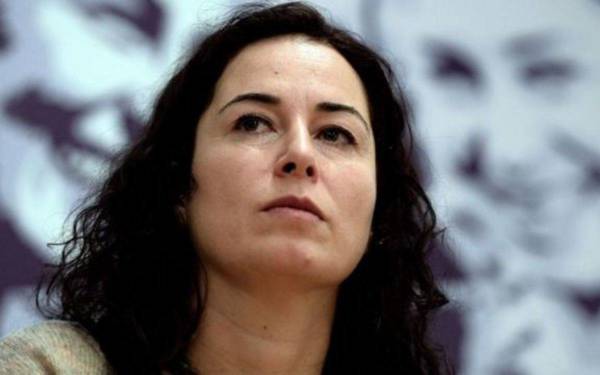
.jpg)
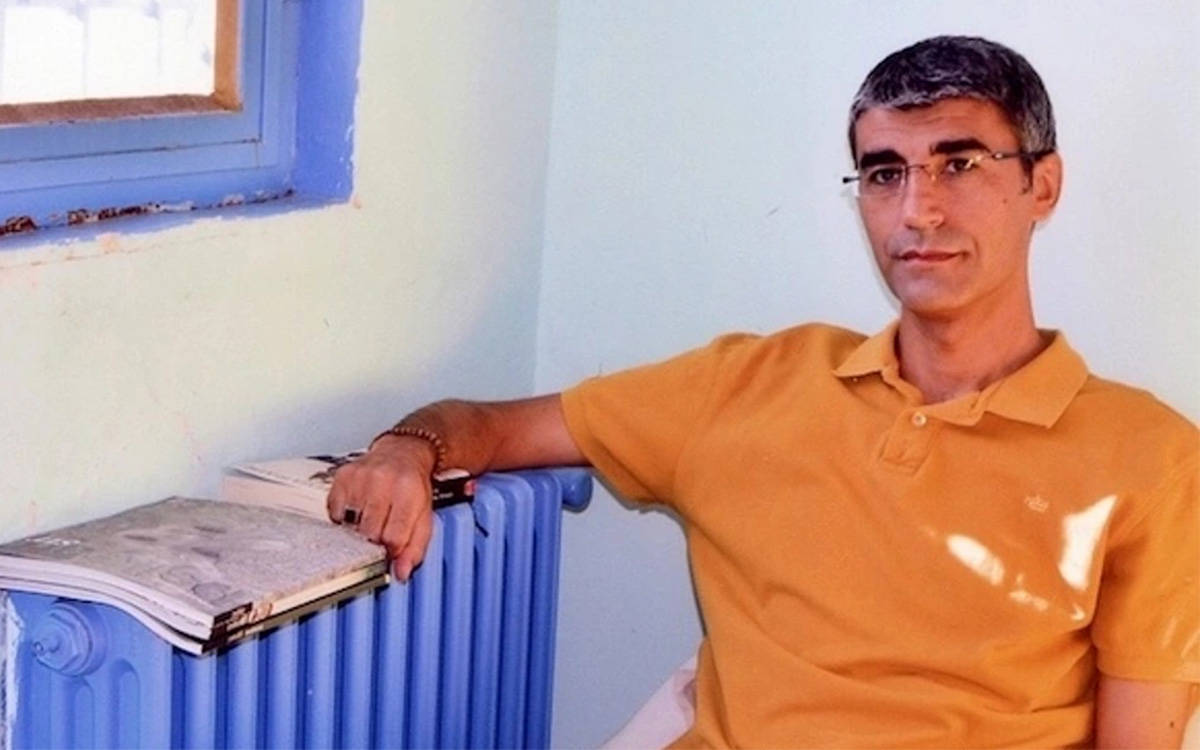
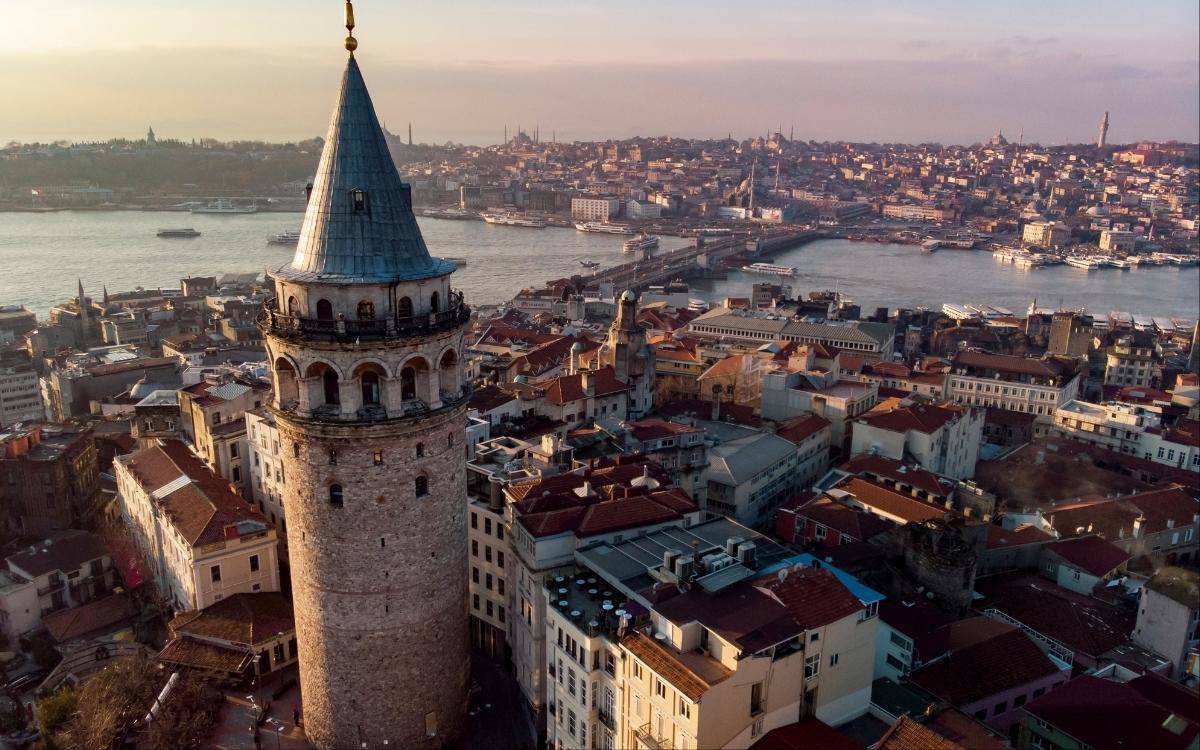
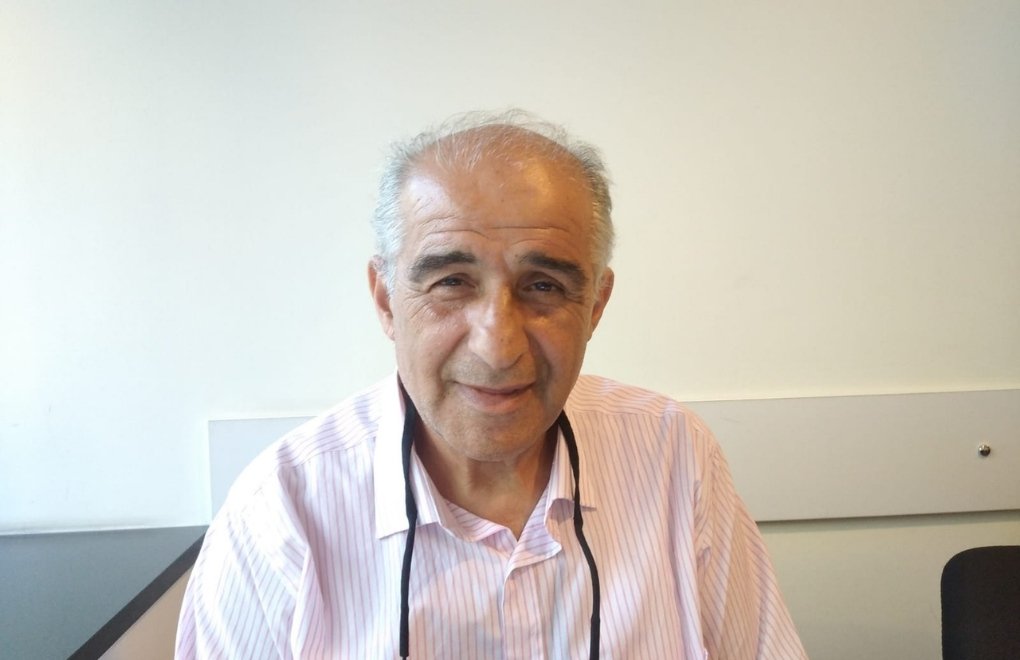

.jpg)